Less politically-motivated explanations see the hopelessness of sanctions in Russia's ability to restructure its economic activity. Since the start of the Russia-Ukraine war, Russian imports from China and Turkey have risen sharply. As for their export market, it seems that it is still not difficult to find new buyers when it comes to oil and gas exports.
But Brussels has still not managed to draw any conclusions. At the end of 2023, the EU Special Envoy for Sanctions, David O'Sullivan, said that the sanctions were basically working.
However, if we give credence to the International Monetary Fund's (IMF) April 2024 report that Russia's economy will grow more than originally expected this year, then many Brusselsites would have to correct their earlier statements. Indeed, the IMF this week revised up its January forecast for Russia from 2.6 to 3.2 percent. And it already expects growth in Russia to be at least 1.8 per cent next year, up from 1.1 per cent. But it is also clear that the advocates of sanctions themselves do not want to abide by their content. Just a few examples of hypocrisy:
- Belgium has increased its imports from Russia from 1.9 billion cubic meters in 2022 to 3.1 billion cubic meters, or 63 percent by 2023. This puts it well above the European average, with Belgians sourcing 37 percent of their gas from Russia,
- Spain, with a consumption of 5.3 billion cubic meters, is became Europe's largest importer of Russian LNG by 2023. This means Spain buys more gas from Russia than Hungary, whose import comes by pipeline,
- Although France has reduced its purchases of LNG gas - it bought 5.5 billion cubic meters from Russia from January to September 2022, compared to "only" 3.2 billion cubic meters in the same period of 2023 - it has acquired large quantities of recycled uranium from Russia, which is not surprising, since according to an article in the economic daily Vilaggazdasag, it would take more than a decade to break the dependency on Russian recycling,
- Both nuclear power plants in the Czech Republic will be powered with new generation Russian fuel supplied by the Russian company TVEL. The Czechs expect the procurement to make their operations safer and more efficient,
- The United States, also very committed to supporting Ukraine, has not stopped trading with Russia either. According to data put out by the US Bureau of Statistics, in the first half of 2023, the US bought 416 tons of enriched uranium from wartime Russia, 2.2 times the 188 tons it bought last year. The last time the US purchased similar amounts of uranium from Russia was in 2005, when it bought 418 tons. The value of the current purchase is approximately seven hundred million dollars, the highest since 2002. At current exchange rates, this is roughly 250 billion forints. With the recent transactions, Russia's share of US imports has increased to 32 percent.
Step three: EU arms shipments and becoming an active financier of war
In order to understand how humanitarian aid to Ukraine has morphed into arms shipments, one has to understand the decision-making process.
In July 2022, a tranche of €490 million from the European Peace Facility - which is supposed to improve the EU's security and defense capabilities - was allocated for "military equipment designed to deliver lethal force for defense purposes".
To date, the EU has sent Ukraine €33 billion in military aid. What's certain is that despite the arms shipments, the war has not stopped, with according to a UN report at the end of 2023 more than 10,000 civilians had been killed since the fighting broke out, and military casualties were estimated at hundreds of thousands.
Funding is therefore channelled through the European Peace Facility and the Ukraine Support Fund set aside within it. The Ukraine Support Fund allows the EU to continue to support the changing needs of the Ukrainian armed forces by providing lethal and non-lethal military equipment and training. On the content of the package and the financial commitment it entails - which would mean a contribution of HUF 23 billion (nearly €59.5 million) over a year for Hungary - Foreign Minister Peter Szijjarto said that Hungary would not prevent others from supplying arms, but that Hungary would not participate in the move and would not bear any financial burden.
The most audacious declarations, which will finally push the continent to the brink of war, arrived in March 2024.
Today, if we want peace in Ukraine, we must not be weak, so we must see the situation clearly and say firmly, willingly and courageously that we are ready to use all the means at our disposal to achieve our goal, which is to prevent Russia from winning,
Emmanuel Macron said. French opposition politician Florian Philippot wrote on X that Macron is making statements that could justify a nuclear attack. The former MEP continued: "Is he doing it deliberately? Yes, definitely, to further increase tension and fear here! What madness! What irresponsibility!" But beyond the nuclear war atmosphere, there is now an open narrative of sending Western troops into Ukraine. An extraordinary summit was convened in Paris in February this year by the French president to discuss Ukraine's difficult military situation. About the meeting, Politico reported that the head of state said the possibility of sending Western troops to Ukraine should not be ruled out at all. Of course, the French president had his supporters. Lithuania has also come forward, saying it is ready to send troops to Ukraine as part of a training mission, the Financial Times reported, citing Lithuanian Prime Minister Ingrida Simonyte.
The Russian response to war escalation pressures came forthwith. On May 6, 2024, the Russian General Staff, under the order of Vladimir Putin, started preparations for the holding of exercises in the near future to test the preparation and deployment of non-strategic nuclear weapons .
Pro-peace or pro-war? Hungarian opposition in full support of the process
As early as February 2022, Andras Fekete-Gyor, former chairman of the now dying Momentum party, said that Hungary should support Ukraine with arms. Peter Marki-Zay, the former prime ministerial candidate of the unified Left, said about helping Ukraine that "if NATO so decides, we should even send soldiers".
In April 2022, Bence Tordai, co-chair of the Dialogue Party, said that "it is high time for Hungary to start direct arms transfers". After all this, Ferenc Gyurcsany former leftist PM and current DK party chief himself confirmed the opposition's pro-war stance when he said that "anyone who refuses to die for Ukraine, is lousy person". But left-wing Budapest Mayor Gergely Karacsony, going above and beyond the call of leftists went as far as saying that we are at war with Russia.
These are the pro-war statements that are an imprint of the war pressures in Brussels and with which the opposition and the dangers of war are intertwined. The theme of presenting the true face of the Left features strongly in this year's Fidesz election campaign.
If you think they are at least interested in the peace and security of Hungarians, you are wrong. The dollar Left is admittedly pro-war,
can be heard in the video uploaded to Fidesz's social media page.
PM Viktor Orban also drew attention to the Left's policy of caving in to Brussels. "It is so obvious what Hungary's interests are in the Russian-Ukrainian war, and why it stands where it does," the he said in response to the speeches in the National Assembly by parliamentary group leaders in connection with his parliamentary report. The problem, in his view, is that left-wing politicians think the same way about Ukraine as they do about Hungary, even though they are two different countries.
The interests of Ukraine can never take precedence over the interests of Hungary, we will not destroy ourselves for the sake of anyone else,
the prime minister stated, adding that
the path to peace is a ceasefire.
Cover photo: Ursula von der Leyen, president of the European Commission in Bucha near Kyiv on April 8, 2022. For more than a month, the district of Bucha was under the control of the Russian forces attacking Ukraine (Photo: MTI/EPA/European Commission/Christophe Licoppe)
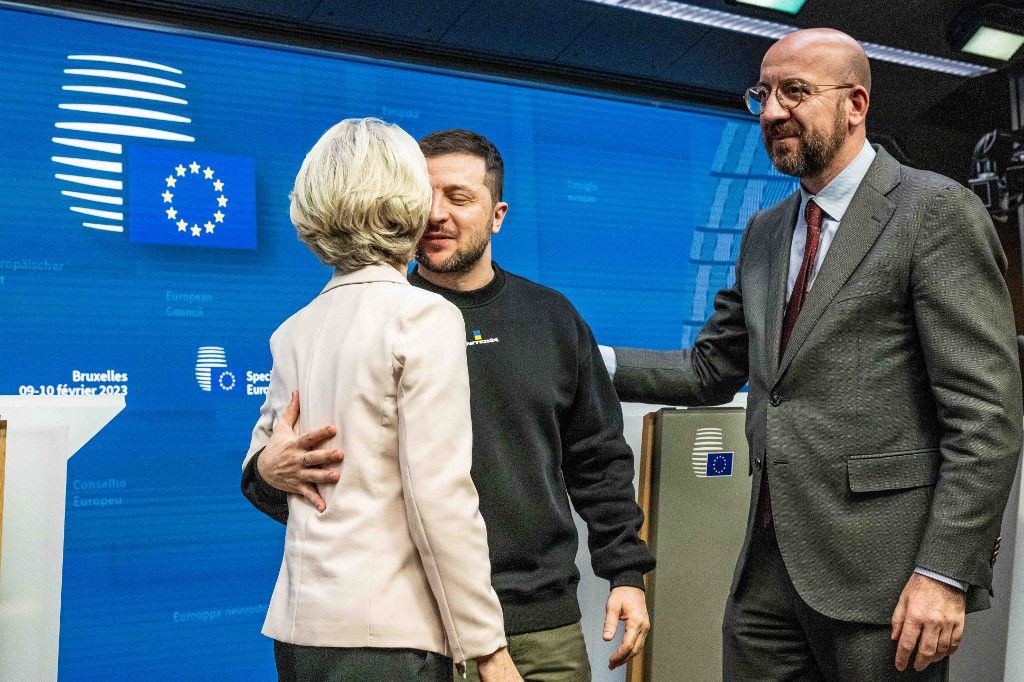
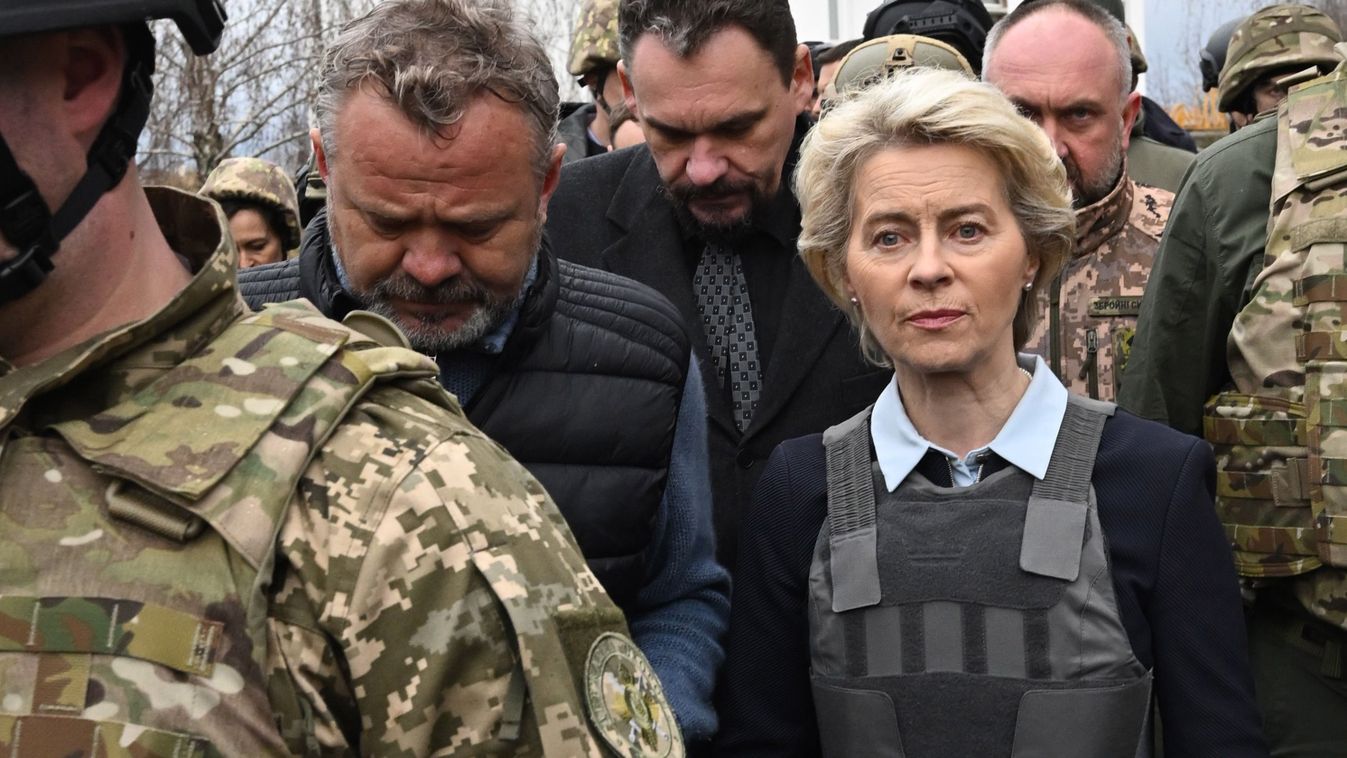
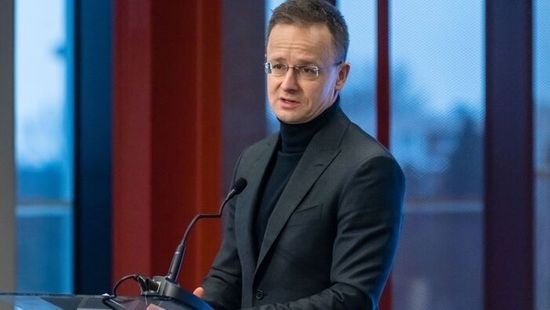
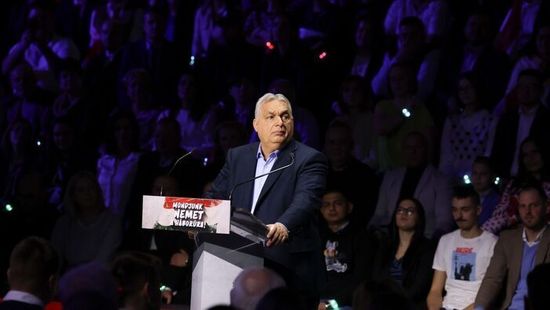
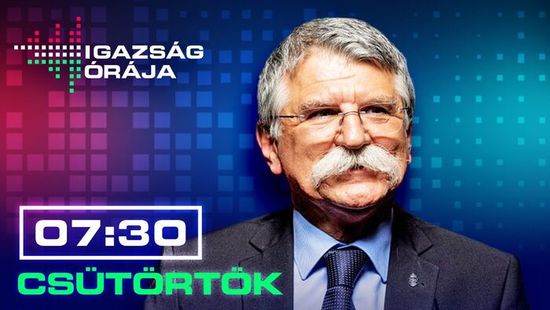
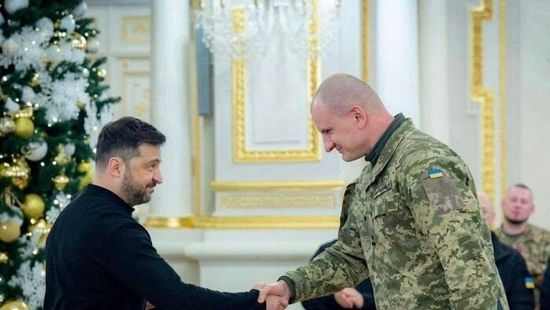

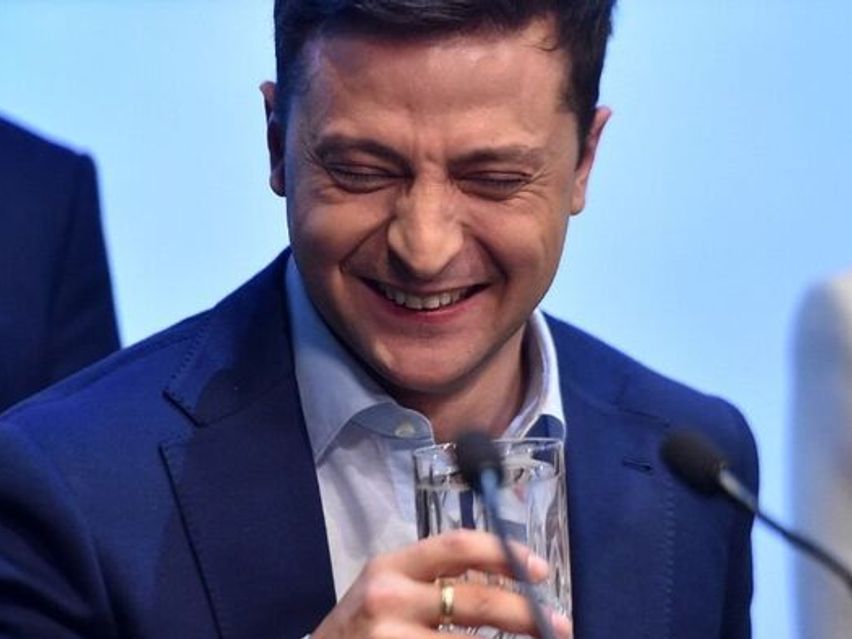
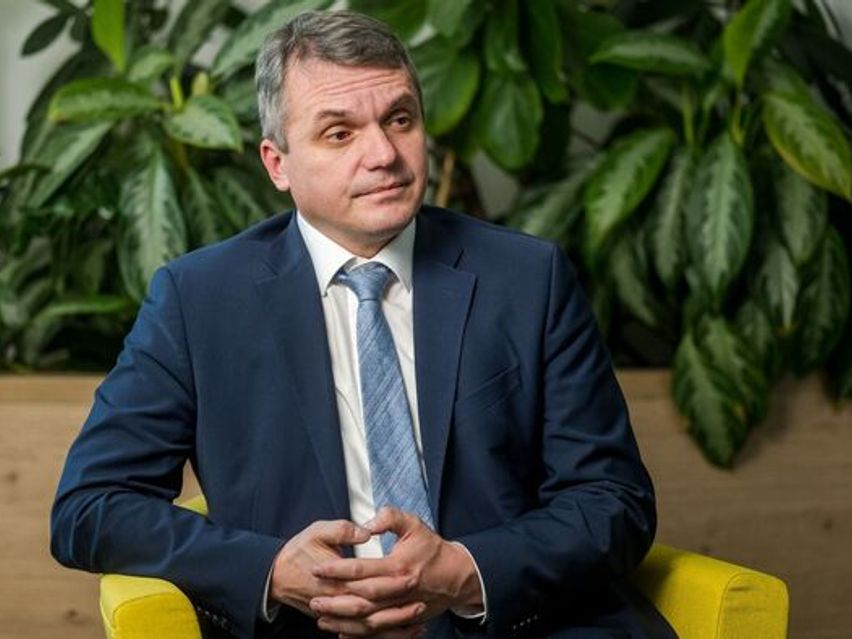
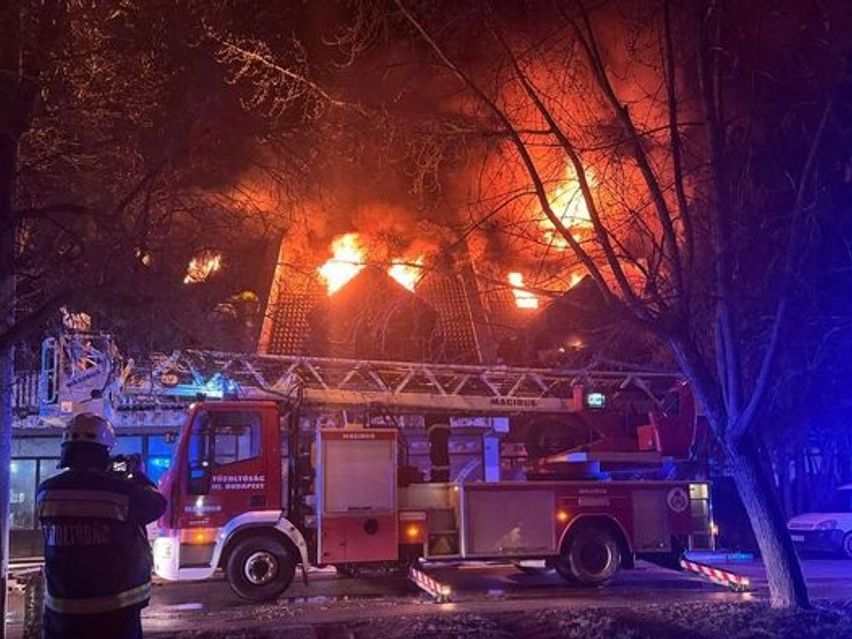
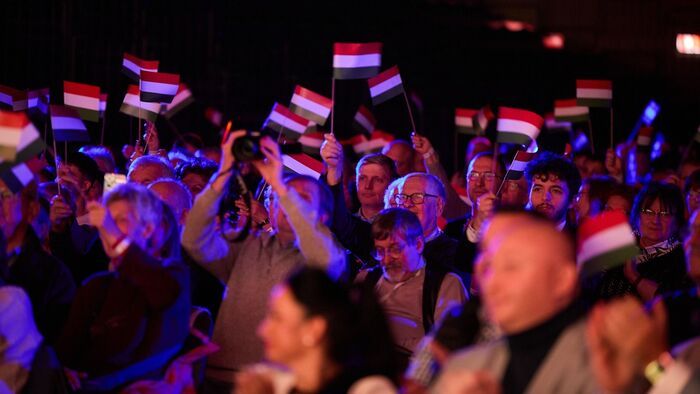

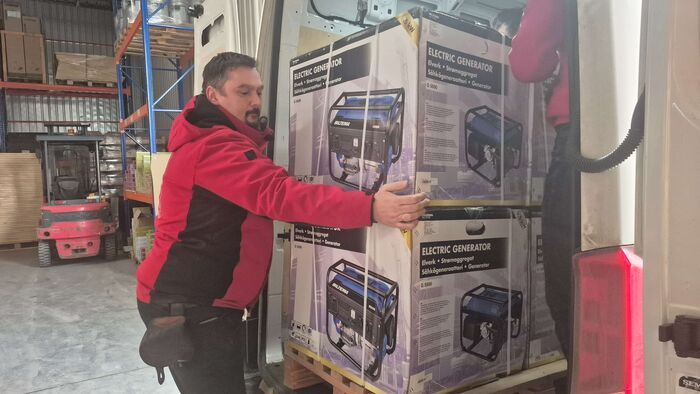
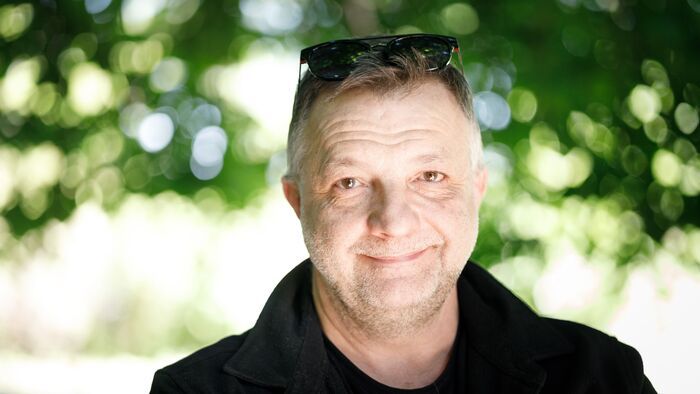
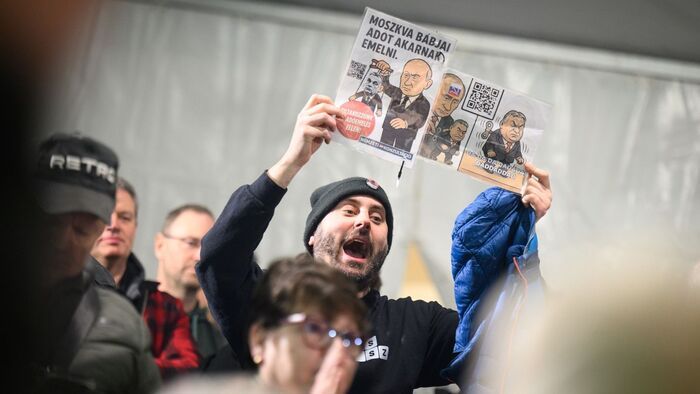
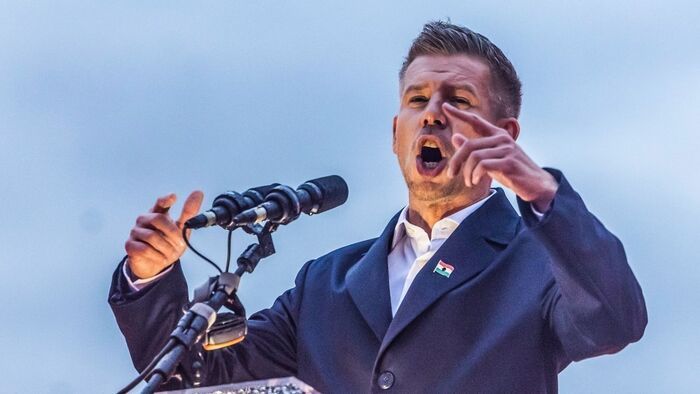
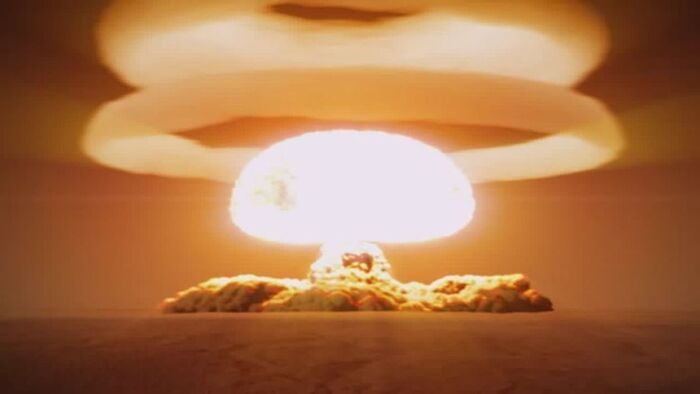
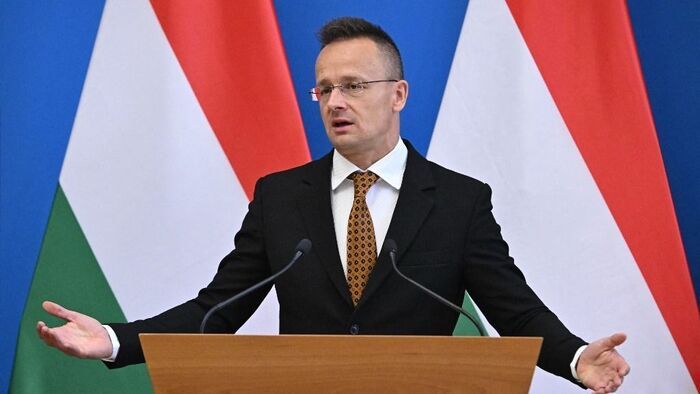
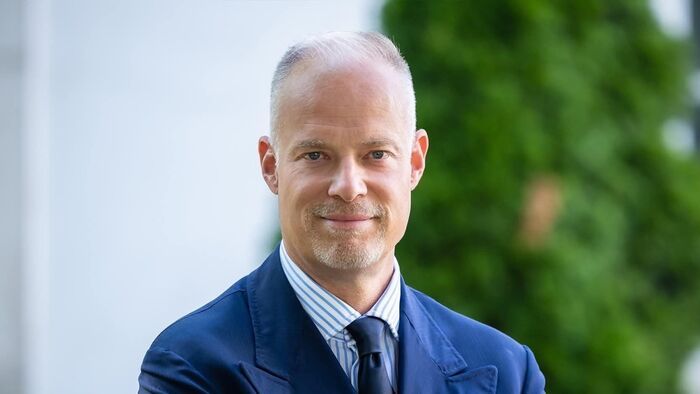

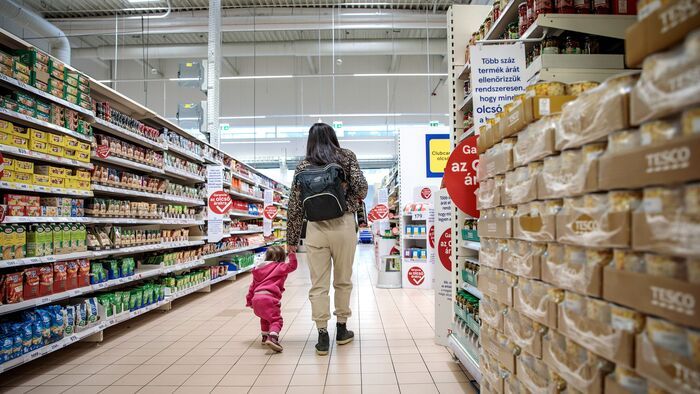

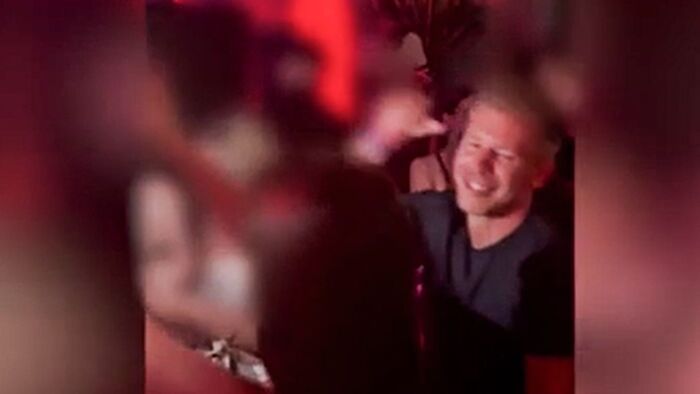

Szóljon hozzá!
Jelenleg csak a hozzászólások egy kis részét látja. Hozzászóláshoz és a további kommentek megtekintéséhez lépjen be, vagy regisztráljon!